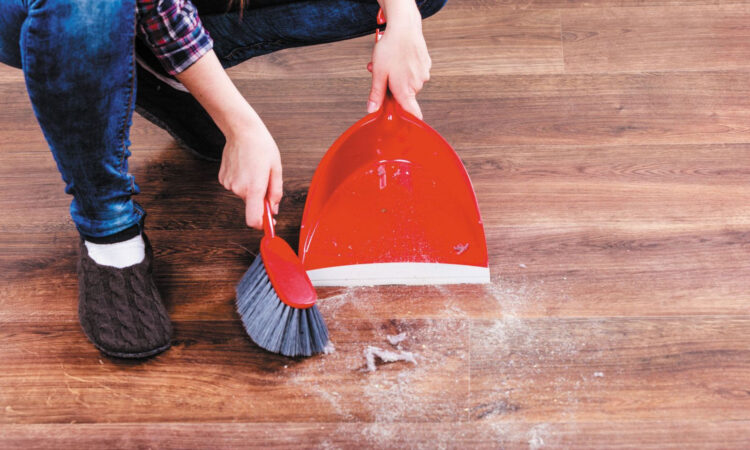For many of us, the air we breathe is something we take for granted. However, the quality of the air we breathe has a direct impact on our health. By making a few simple changes in our daily routines, we can significantly improve the air quality in our homes and workplaces. Here are tips for breathing easier:
Keep your home clean and dust-free
For many people, the air inside their homes is more polluted than the air outside. Dust, mold, and other allergens can cause a variety of health problems, including headaches, runny noses, and difficulty breathing. Vacuuming and dusting are essential for removing these particles from the air, but they can be difficult to do on a regular basis. One way to make the task easier is to invest in a quality vacuum cleaner with HEPA filters. These filters are designed to trap dust, pollen, and other small particles, making it easier to keep your home clean and comfortable. In addition, regular vacuuming and dusting will help to prolong the life of your furniture and carpets.
Avoid using harsh chemicals
Everyone wants to breathe clean air, but sometimes our efforts to keep our homes clean can actually make the air quality worse. Harsh chemicals can off-gas, or release harmful vapors into the air, causing problems like headaches, nausea, and respiratory irritation. In some cases, these chemicals can even trigger asthma attacks. To protect your family’s health, it’s important to use natural cleaners whenever possible and to ventilate your home well when using strong cleaners. There are many effective natural cleaners on the market, or you can even make your own using ingredients like vinegar, lemon juice, and baking soda. And simply opening a window or running an exhaust fan while you’re cleaning can help to dissipate harmful fumes quickly and efficiently.
Don’t smoke indoors
Smoking indoors is a major source of indoor air pollution. Cigarette smoke contains hundreds of chemicals, including carbon monoxide, formaldehyde, and lead. These chemicals can linger in the air for hours, causing serious health problems for people who are exposed to them. In fact, secondhand smoke is responsible for thousands of deaths each year. Children and the elderly are especially vulnerable to the harmful effects of secondhand smoke. If you must smoke, do so outdoors. By avoiding smoking indoors, you can significantly improve the quality of the air in your home and protect the health of your family.
Get rid of mold and mildew
Anyone who has ever had a mold or mildew problem in their home knows how difficult it can be to get rid of it. Not only is it unsightly, but it can also release spores into the air, which can cause respiratory problems. The good news is that there are a few simple steps you can take to get rid of mold and mildew. First, try to keep your home as dry as possible. This means fixing any leaks, using a dehumidifier, and ventilating your home on a regular basis. Second, clean surfaces that are prone to mold and mildew growth, such as bathrooms and kitchens, with a disinfectant. Finally, if you have a major mold or mildew problem, you may need to call in a professional.
Change your furnace filter regularly
Furnace maintenance in Sandy is important in order to have a furnace that runs efficiently and effectively. One furnace maintenance task that is often overlooked is changing the furnace filter. A furnace filter helps to remove contaminants from the air, such as dust, pollen, and pet hair. A dirty furnace filter can cause the furnace to work harder and could potentially lead to health problems for people with asthma or allergies. Furnace filters should be changed every three months, or more often if there are pets in the home. By changing the furnace filter regularly, you can help to ensure that the air in your home is clean and healthy.
Avoid idling your car engine unnecessarily
Cars are a necessary part of modern life, but they also come with a certain environmental cost. When left idling, cars emit harmful chemicals into the air, contributing to smog and other forms of pollution. Additionally, idling wastes fuel and money, so it’s important to avoid doing it unnecessarily. If you’re stopped for more than a minute or two, it’s generally best to turn off your engine. This will help to keep the air cleaner and save you money on gas. Of course, there are exceptions to this rule, such as in traffic or in cold weather, but in general, avoiding engine idling is a good way to help improve the quality of the air we breathe.
By following these simple tips, you can breathe easier and enjoy cleaner, healthier air in your home or office environment!

